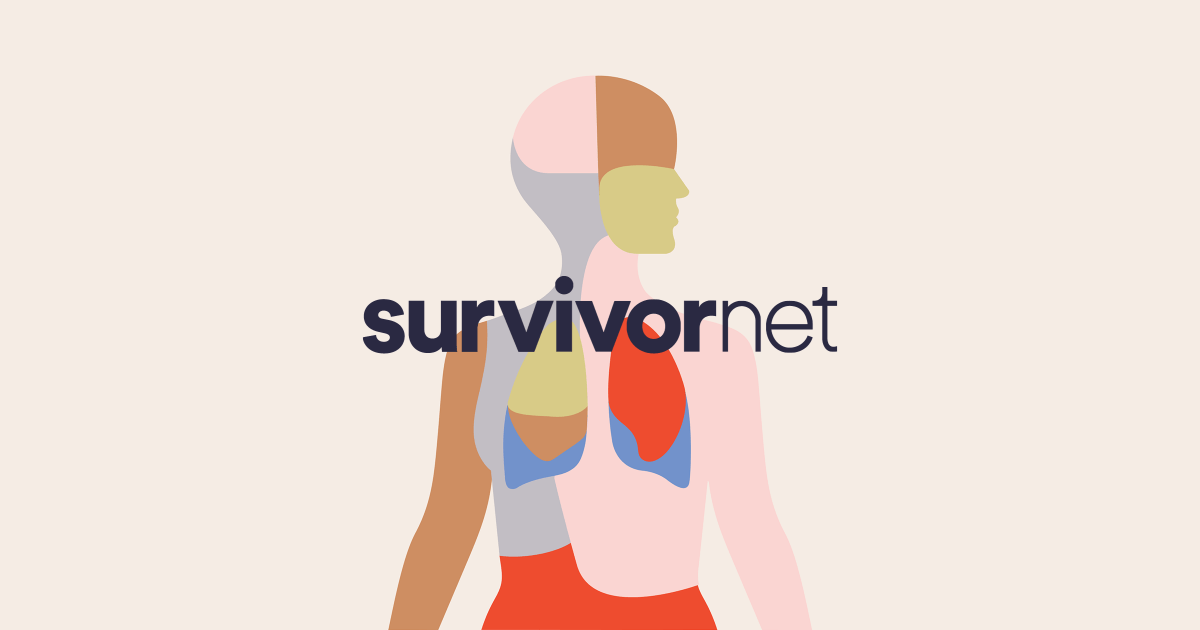Sinus Cancer and Advocating for Your Health
- Mark Kelle thought he had a tooth infection, but a later CAT scan revealed that he had sinus cancer.
- Nasal cavity and sinus cancers are rare, and symptoms don't usually show up at earlier stages of the disease. Sometimes these cancers are discovered during treatment for a sinus infection.
- Advocating for your health is extremely important. You never know when speaking up about issues with your body can make a world of difference for health outcomes. One of our experts says that there should be a plan for what the doctor is going to do for you after your leave every appointment.
Kelle was prescribed medication after thinking he had a tooth abscess a pocket of pus caused by a bacterial infection. But things kept progressing when he started having nose bleeds as well, and he eventually ended up in a hospital in Illinois in September. Finally, a CAT scan revealed the true cause behind his recent ailments: sinus cancer.
Read MoreThankfully, Kelle’s recovery has been going well, and he never even needed a feeding tube. He still goes to the hospital for radiation treatments, but his care team says chemotherapy won’t be necessary. And though he unfortunately lost his job and his insurance during recovery, he has since connected with a social worker to help him apply for disability and Social Security and received an $800 donation from the Alton Memorial Health Services Foundation's Extra Mile Fund.
Understanding Nasal Cavity and Sinus Cancers
Nasal cavity and sinus cancers are rare. Memorial Sloan Kettering Cancer Center reports that these cancers only affect about 2,000 people in the United States each year, and tumors are more likely to begin in the nasal cavity than in the sinuses. We don't know exactly what type of sinus cancer Kelle had, but tumors tend to form in the maxillary sinuses when they do develop in the sinuses.
Tobacco use is a risk factor for nasal cavity and sinus cancers. And these rare cancers are more common in people who have had significant exposure to wood dust, nickel and chemicals used in leather processing.
It's uncommon for nasal cavity and sinus tumors to cause symptoms at their earliest stages. Unfortunately, most people tend to notice symptoms only once the tumor has grown large enough to block the nasal cavity or the affected sinus, or when it has spread to nearby tissue. That’s why your doctor may discover the tumor during treatment for a sinus infection.
Common signs of nasal cavity cancer and sinus cancer include:
- nasal congestion that doesn't go away
- chronic sinus infections that don't respond to antibiotics
- frequent headaches
- facial pain
- nosebleeds
- swelling around the eyes
- decreased sense of smell
More advanced disease is associated with:
- loose teeth
- numbness around the cheek and upper lip
- double vision
- swelling in the mouth, jaw or neck
Advocating for Your Health
Whether you are currently battling cancer or worried that you might have it, it's always important to advocate for your health. You never know when speaking up about a seemingly unimportant issue can lead to a very important diagnosis cancer or otherwise. And when you do seek out a doctor, it's important to make sure they're actively addressing your concerns and not brushing them off.
Be Pushy, Be Your Own Advocate… Don't Settle
"Every appointment you leave as a patient, there should be a plan for what the doc is going to do for you, and if that doesn't work, what the next plan is," Dr. Zuri Murell, director of the Cedars-Sinai Colorectal Cancer Center, told SurvivorNet in a previous interview. "And I think that that's totally fair. And me as a health professional that's what I do for all of my patients."
In a previous interview with SurvivorNet, April Knowles explained how she became a breast cancer advocate after her doctor dismissed the lump in her breast as a side effect of her menstrual period. Unfortunately, that dismissal was a mistake. Knowles was diagnosed with metastatic breast cancer at age 39. She said the experience taught her the importance of listening to her body and speaking up when something doesn't feel right.
I Wanted My Doctor To Like Me, Then He Missed My Breast Cancer
"I wanted my doctor to like me," she said. "I think women, especially young women, are really used to being dismissed by their doctors."
Figuring out whether or not you actually have cancer based on possible symptoms is critical because early detection may help with treatment and outcomes. Seeking multiple opinions is one way to ensure you're getting the care and attention you need.
One thing to remember is that not all doctors are in agreement. Recommendations for further testing or treatment options can vary, and sometimes it's essential to talk with multiple medical professionals.
Learn more about SurvivorNet's rigorous medical review process.

